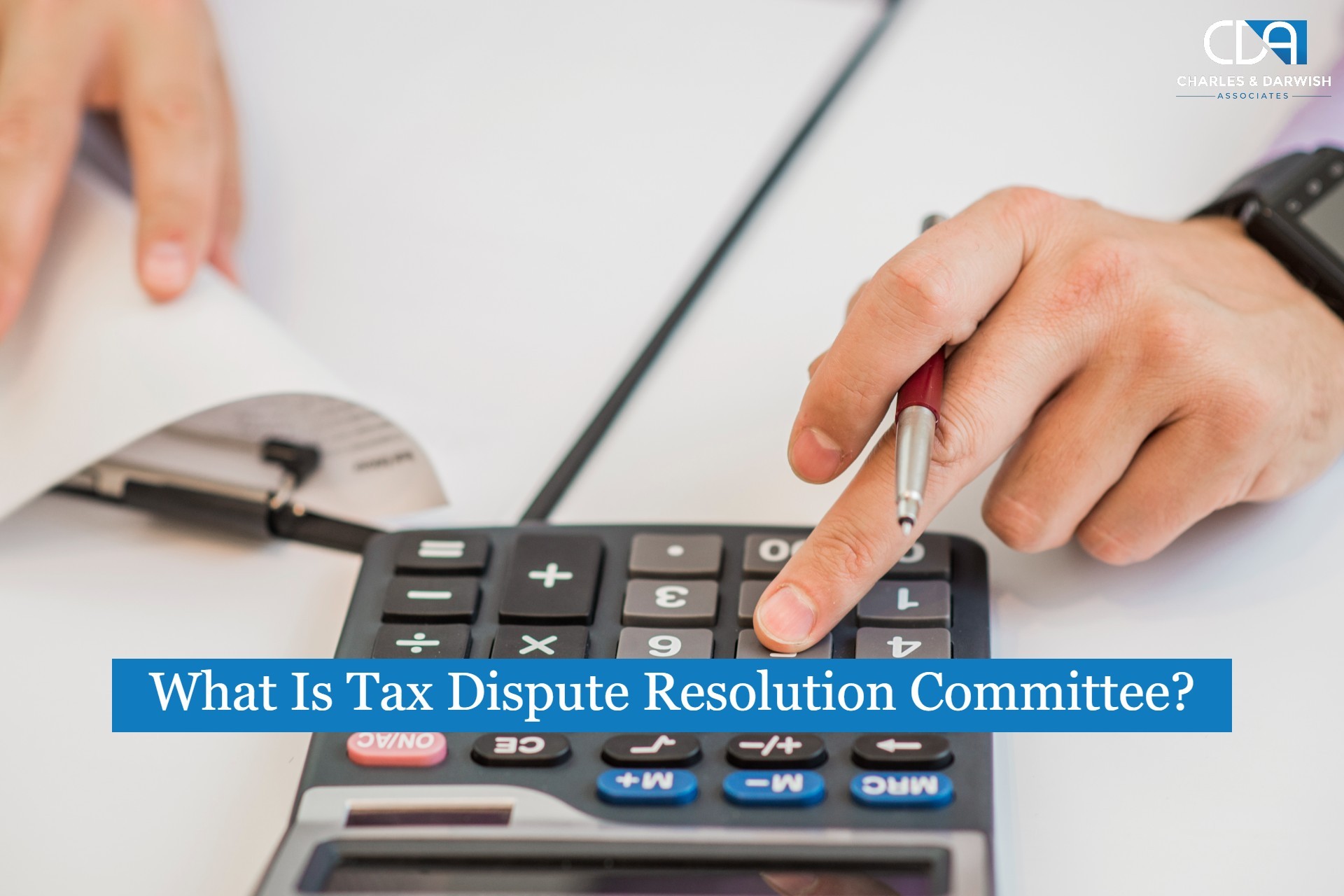When and Why You Need to Deregister VAT in UAE
Here we will see the situations when you need to deregister VAT in UAE. Individuals and companies in UAE who registered with the FTA (Federal Tax Authority) for VAT (Value Added Tax) can deregister from it if their yearly turnover did not surpass AED 187,500 (or $51,000) in 13 months after registering for VAT.
As per CDA and other accounting firms, if a registrant did not make the taxable supplies AED 187,500 within a year (12 months) from the date of VAT registration and furthermore did not foresee that within the next 30 days after the completion of tax year, at that point an application for deregistration of VAT can be made.
If a VAT registrant opted for voluntary registration on January 1, 2018, and its tax year finished on December 31, 2018, and that particular registrant has not made supplies equivalent to AED 187,500, it will evaluate if its taxable expenses or taxable supplies will surpass the voluntary limit within the following 30 days (end of January 30, 2019). The registrant can submit an application for VAT deregistration before February 20, 2019.
In the event that a VAT registrant opted for voluntary VAT registration on June 1, 2018, then his tax year will finish on May 31, 2019. He shall evaluate his supplies and expenses in between June 1, 2018 and June 30, 2019.”
The taxable individuals or companies must apply for VAT deregistration in the event that they satisfy any of the conditions set down in the Decree Law and Executive Regulations and failing to apply within the specified timeframe will pull in an administrative fine of AED 10,000. We believe that a few thousand companies would probably apply for VAT deregistration either because they would attain the conditions set down in the Decree Law and Executive Regulations or are being wind up in their typical course of operations. In the meantime, we believe that a lot more companies would do VAT registration since they would fulfill the registration criterion defined in the law.
Featuring the impacts of deregistration, we cited that VAT deregistration bring a couple of benefits to businesses. "Businesses would not sustain costs for conforming to the VAT Laws. Besides, their goods & services would be less expensive to non-registered businesses and individuals as no VAT would be levied."
However, the businesses would not have the option to claim back VAT on costs that they incur after VAT deregistration. Moreover, they would be required to pay VAT on their inventory or other assets that they acquired while they were registered, regardless of whether they claimed VAT on such assets. They would be considered as esteemed supply, which is the self-supply of assets on hand at the date of VAT deregistration.
If a business isn’t qualified to be voluntarily registered for VAT because either their taxable expenses or turnover are under the required threshold of AED 187,500, at that point they ought to deregister from VAT.
Moreover, we comprehend that the Federal Tax Authority is checking VAT registration eligibility to ensure extremely small businesses that ought not be registered are in fact excluded from registration also even deregistered on the off chance that they obtained registration in late 2017 for whatsoever reason.
Businesses that registered with the introduction of VAT in UAE and not making any taxable supplies or having average supplies of under AED 16,000 every month in the past 1 year (12 months) would be required to obligatorily deregister from VAT according to the UAE VAT legislation.
Considering the turnover sum is very nominal, we expect not many businesses will require to deregister mandatorily. Businesses need to analyze VAT deregistration very carefully.
"The key downsides are VAT charged by suppliers will become expense to the company which may result in price increase and businesses that are not registered under VAT may likewise not be viewed as a supplier by their VAT-registered clients."
We hope you will get an estimation or idea on why and when to deregister from VAT from this article.

Mark Thompson
Full-stack Developer, Blogger, and Tech Enthusiast.
Mark specializes in digital marketing, SEO, and content strategy.








5e2e96740cc20.jpg)




